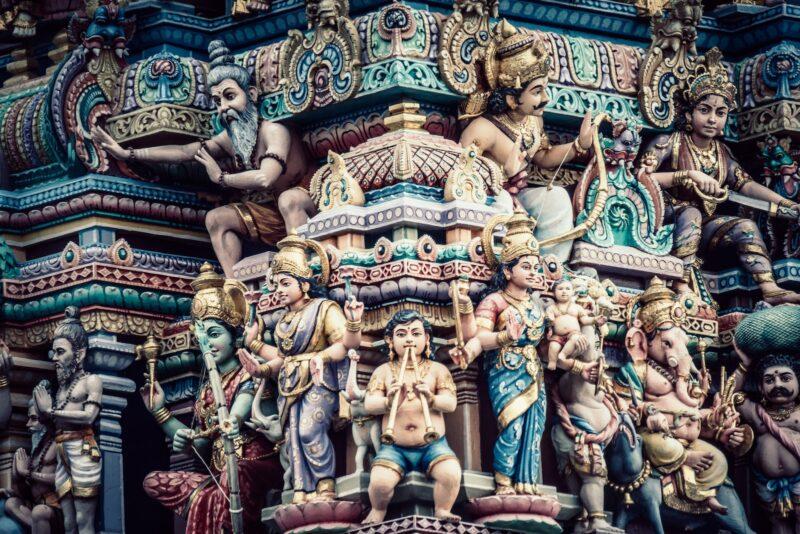Zoroastrianism, one of the oldest religions in the world, holds a special place in human history and has influenced several major belief systems. With its roots dating back over 3,000 years, this ancient religion offers a unique perspective on life, ethics, and spirituality. In this article, we delve into the fascinating world of Zoroastrianism, exploring its core tenets, rituals, and cultural significance.
The Origins of Zoroastrianism:
Around the sixth century BCE, the prophet Zoroaster (or Zarathustra) founded Zoroastrianism, which has its roots in ancient Persia (modern-day Iran). Zoroaster’s teachings are compiled in the sacred texts known as the Avesta, which consist of hymns, prayers, and philosophical discussions.
Core Beliefs and Principles:
At the heart of Zoroastrianism lie a few key beliefs and principles that shape its followers’ worldview:
- Dualistic Cosmology
Zoroastrianism perceives the universe as a constant struggle between two opposing forces—Ahura Mazda, the wise and benevolent creator, and Angra Mainyu, the destructive spirit. This duality emphasizes the eternal battle between good and evil. - Ethical Dualism
Zoroastrianism places a strong emphasis on ethical behavior and personal responsibility. It encourages ideas like honesty, fairness, and generosity as well as the pursuit of good thoughts, good words, and good deeds in order to instruct followers to choose the road of righteousness. - The Role of Fire
Fire holds a central symbolic significance in Zoroastrian rituals. It represents purity, illumination, and the divine presence of Ahura Mazda. Zoroastrians maintain sacred fires in their temples and perform rituals that involve the veneration of fire.
Rituals and Practices
Zoroastrianism encompasses a range of rituals and practices that reflect its emphasis on purity and spiritual connection:
Navjote: A significant initiation ceremony in Zoroastrianism, Navjote marks the transition of a child into adulthood. During this ritual, the initiate wears the sacred sudreh (a white undershirt) and kusti (a ritual cord) while receiving blessings from a priest.
Yasna: The central ritual of Zoroastrian worship, Yasna involves recitation of hymns from the Avesta and the offering of prayers and rituals around a sacred fire.
Towers of Silence: In Zoroastrian burial customs, the deceased are placed on elevated structures called Towers of Silence, where their bodies are exposed to the elements and scavenging birds. This practice is rooted in the belief of maintaining purity and preventing contamination of the earth.
Zoroastrianism’s Cultural Impact
Throughout history, Zoroastrianism has played a significant role in shaping various cultures and religious traditions:
Influence on Judaism, Christianity, and Islam: Zoroastrianism’s concepts of heaven and hell, the final judgment, and the messianic figure influenced the development of Abrahamic religions.
Persian Heritage: Zoroastrianism’s historical connection to ancient Persia has had a profound impact on Persian culture, literature, and art.
Parsis: Following the Arab conquest of Persia, a Zoroastrian diaspora community known as the Parsis settled in the Indian subcontinent. They have made remarkable contributions to the cultural, economic, and educational landscape of India.
Zoroastrianism continues to endure as a religion that embraces ethical dualism and the pursuit of righteousness. Its principles have left a lasting impact on the development of other major religions and the cultural fabric of nations. By understanding the core beliefs, rituals, and cultural significance of Zoroastrianism, we gain a deeper appreciation for the rich tapestry of human spirituality and the timeless wisdom offered by this ancient faith.
As we explore the diverse world of religions, Zoroastrianism stands as a testament to the enduring power of faith and its ability to shape civilizations across time.





